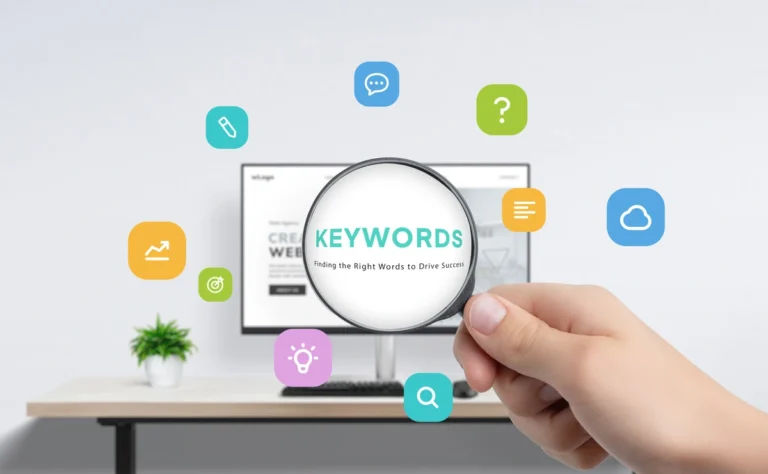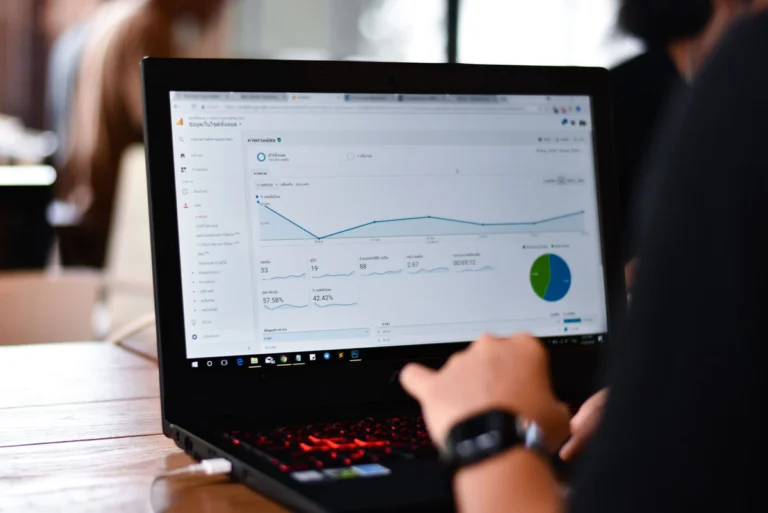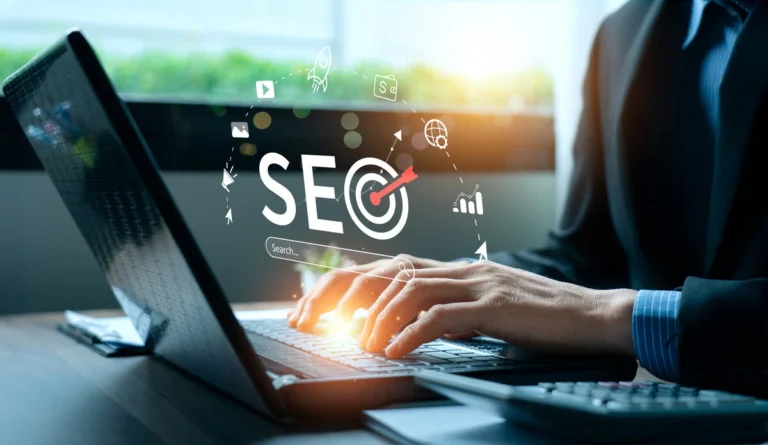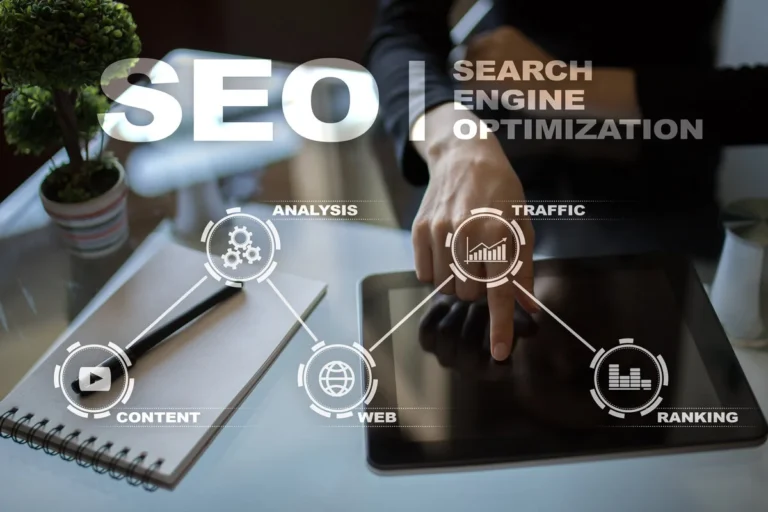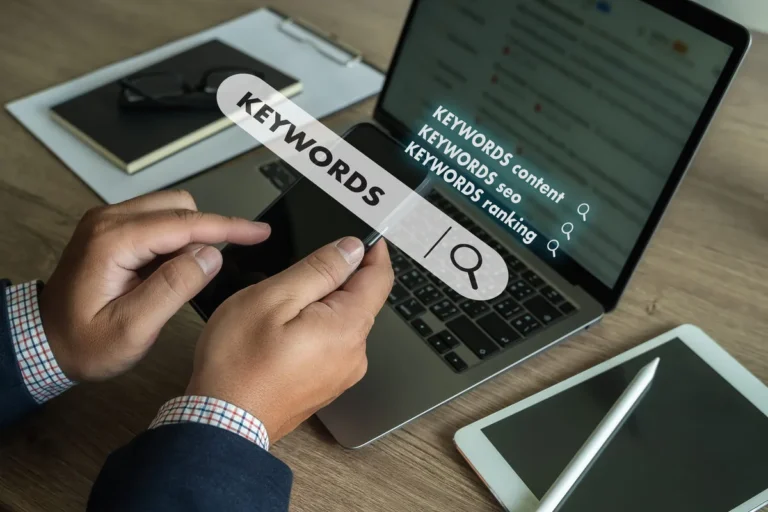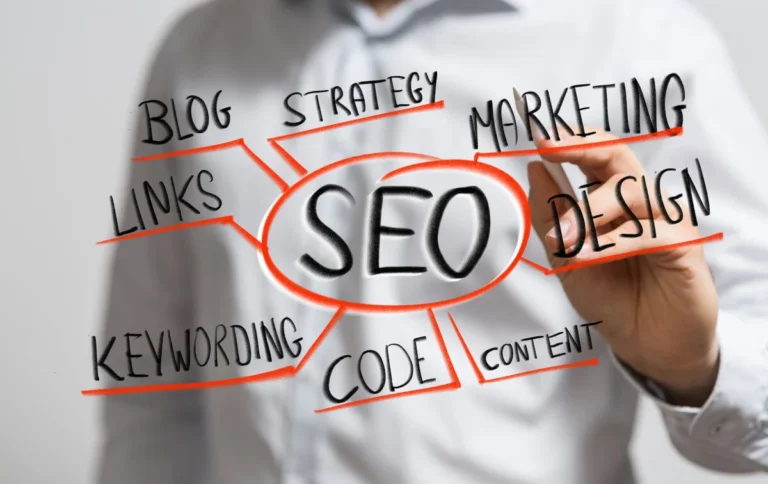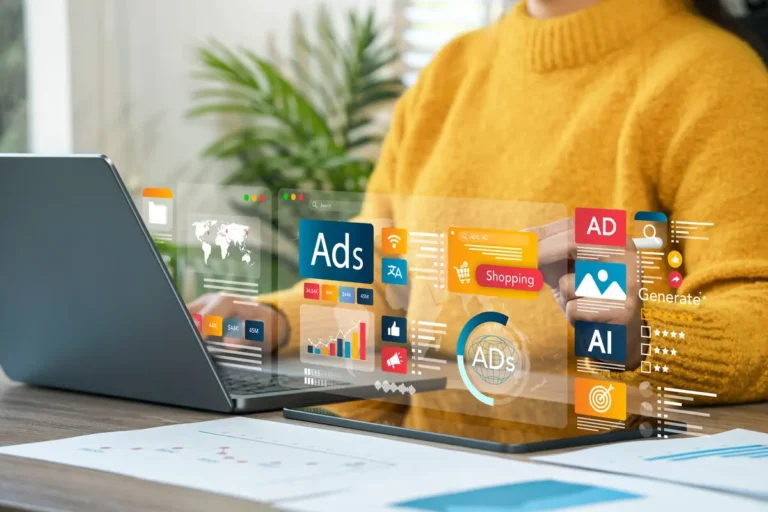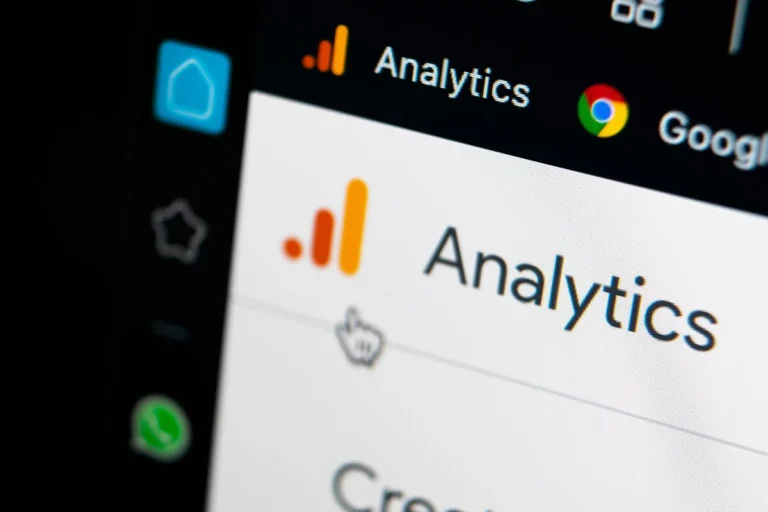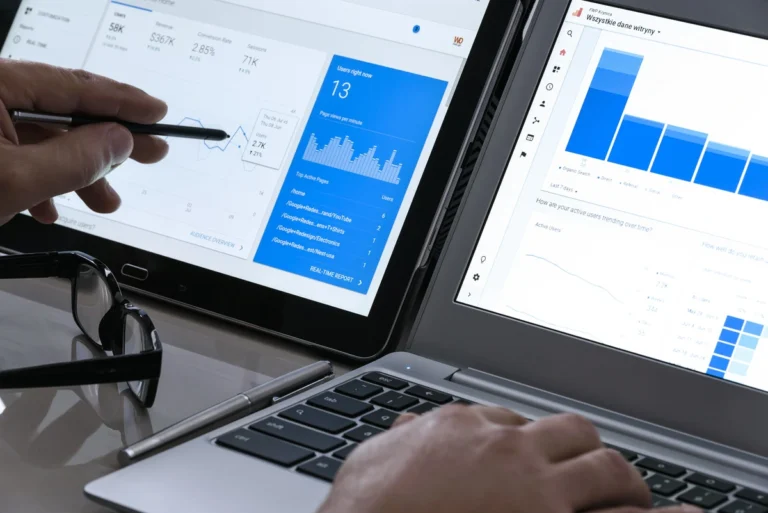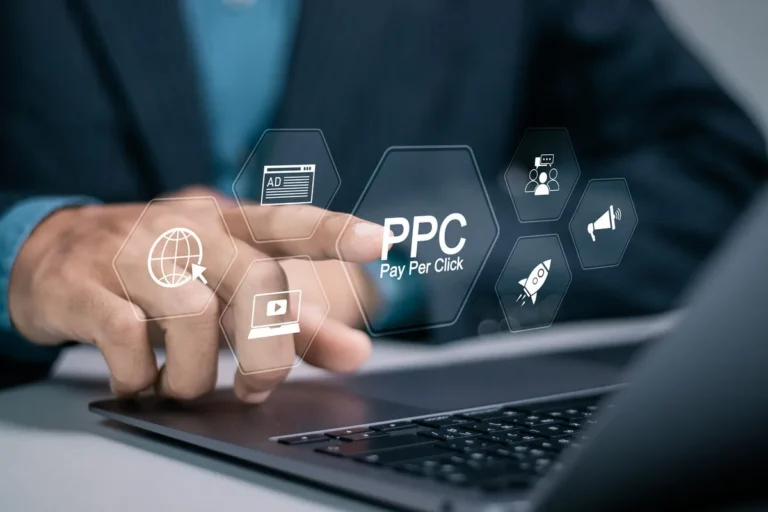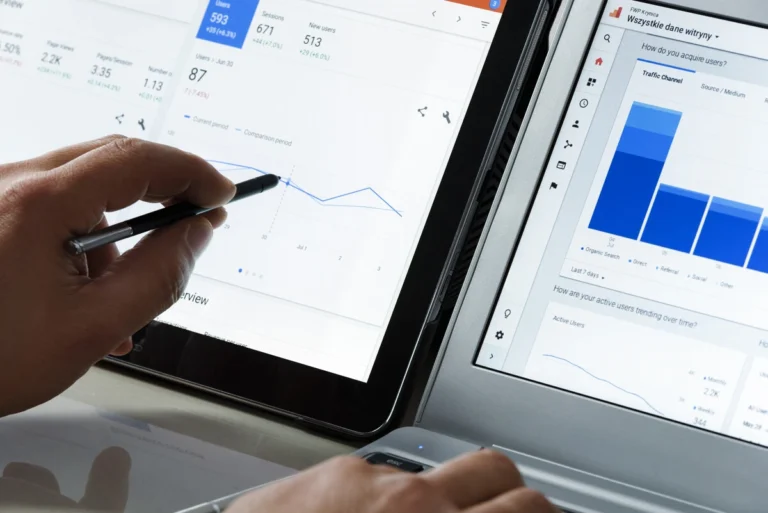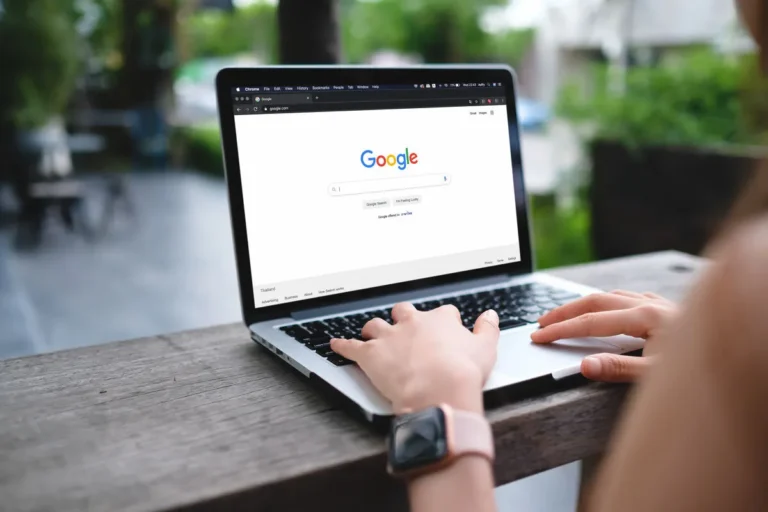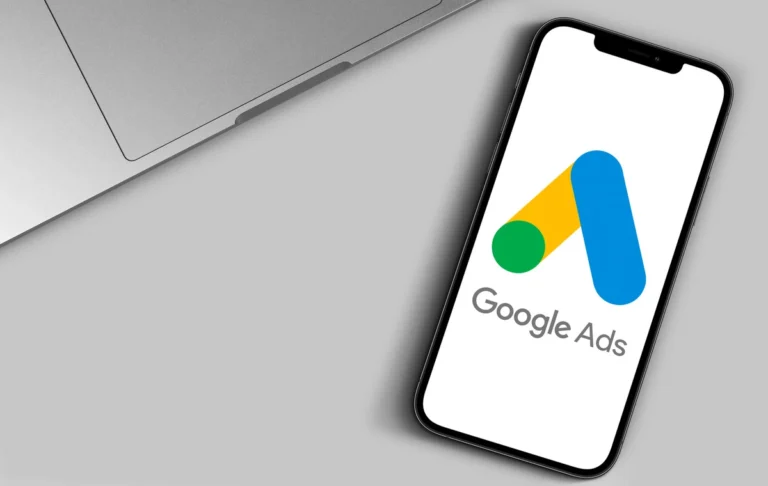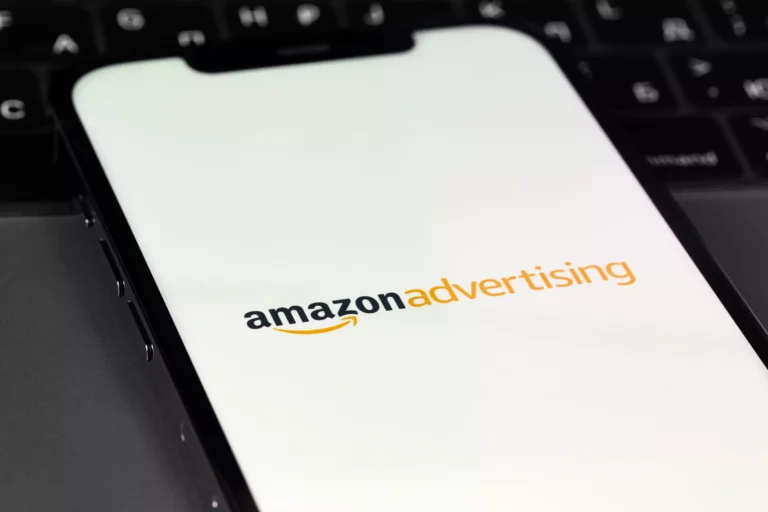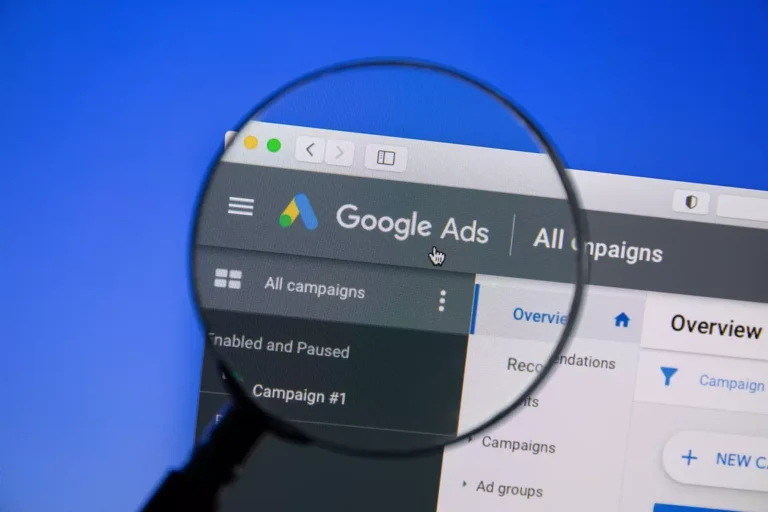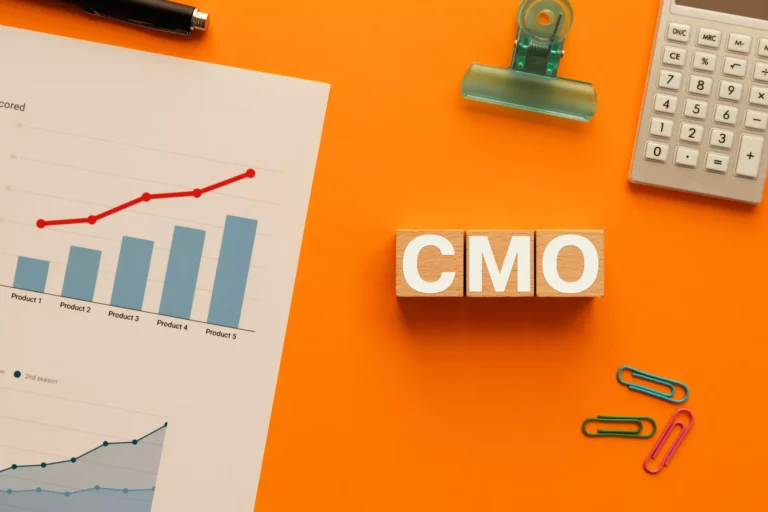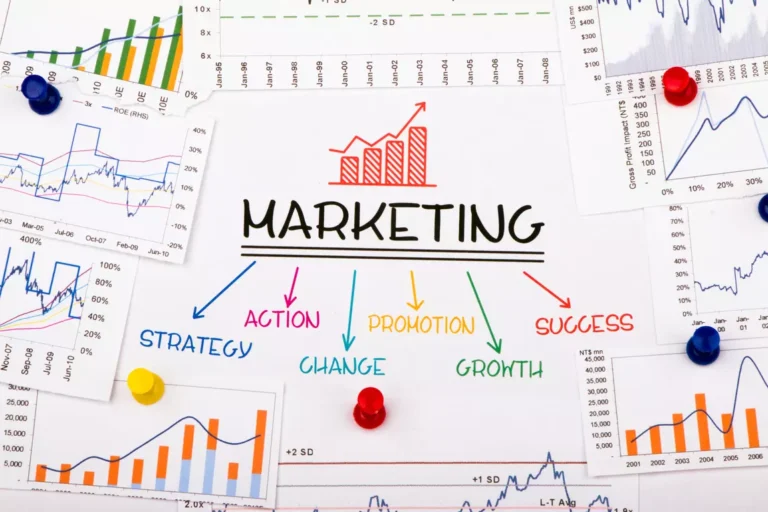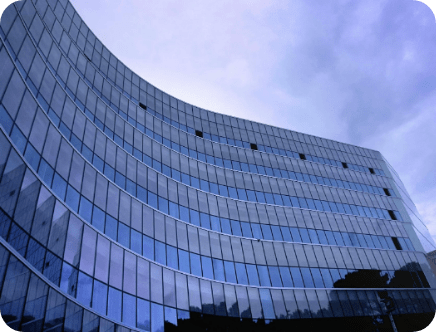Introduction to SEO and PPC
Search Engine Optimization (SEO) and Pay-Per-Click (PPC) advertising are two fundamental pillars of digital marketing that enable businesses to achieve greater visibility and reach their target audiences effectively. These strategies, while distinct in their approaches, are often used together to create a comprehensive marketing strategy that drives growth. A key element of SEO is SEO content writing, which focuses on creating high-quality, keyword-optimized content that improves search engine rankings and attracts organic traffic.
Definition of SEO
SEO refers to the practice of optimizing a website to improve its ranking on search engine results pages (SERPs) organically. This involves enhancing various on-page and off-page factors such as keyword optimization, content quality, backlinks, and technical SEO elements like site speed and mobile-friendliness. The goal is to increase the website’s visibility for relevant searches, driving more unpaid (organic) traffic.
Definition of PPC
PPC, on the other hand, is a paid advertising model where businesses pay a fee each time their ad is clicked. Essentially, it is a way of buying visits to your site rather than earning them organically. Common forms of PPC include search ads, display ads, and social media ads. The most widely known platform for PPC is Google Ads, which allows advertisers to bid on keywords that their potential customers might use when searching for products or services.
Importance of Both in Digital Marketing
Both SEO and PPC play crucial roles in a digital marketing strategy by driving traffic, enhancing visibility, and supporting brand growth, but is PPC Better Than SEO? SEO offers the benefit of sustainable, long-term traffic and builds credibility, given that users tend to trust organic search results more. PPC, meanwhile, provides immediate visibility and can efficiently target and convert specific audience segments through tailored ad campaigns. By leveraging both strategies, businesses can ensure they are capturing their audience at different stages of the buying funnel, ensuring a well-rounded and effective marketing approach.
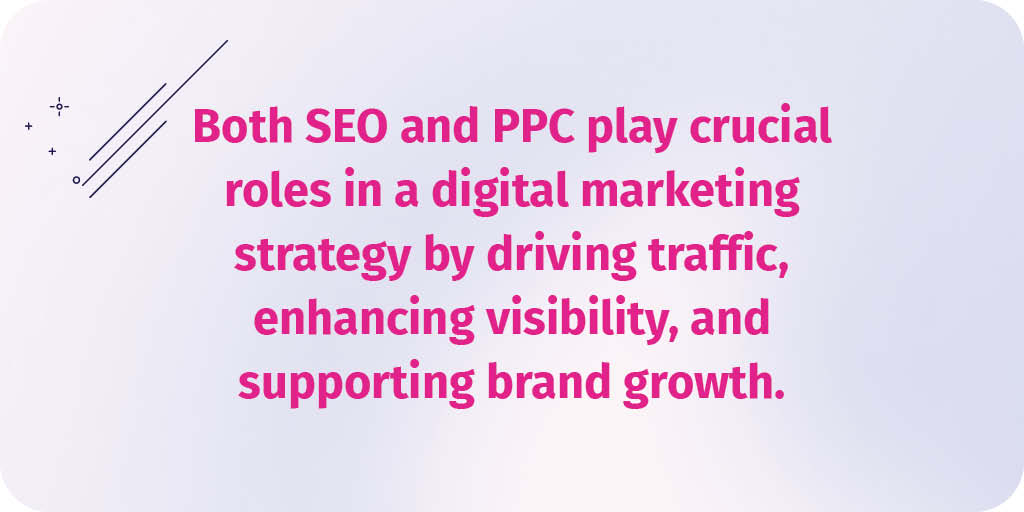
What is PPC in Marketing?
Understanding Pay-Per-Click (PPC) is crucial for businesses seeking a comprehensive digital marketing strategy. PPC is a form of online advertising where advertisers pay a fee each time one of their ads is clicked. Essentially, it’s a method of buying visits to your site rather than attempting to earn those visits organically.
Explanation of Paid Search Advertising
PPC is commonly associated with search engine advertising, which enables advertisers to bid for ad placement in a search engine’s sponsored links. Whenever someone searches for a keyword related to their business offering, their ads may appear. The most popular PPC platform is Google Ads, which allows businesses to create ads that appear on Google and its network of partner sites.
How PPC Campaigns Work
PPC campaigns are designed by selecting the right keywords and creating compelling ad copy. Advertisers bid on keywords they believe their target audience will search for, and this bidding influences where their ads will appear on the search engine result pages (SERPs). The position of the ad and its performance are also affected by the quality of the ad and the relevance of the landing page to the keyword. Each click generated incurs a fee, which varies based on the competitiveness of the keyword.
Benefits and Drawbacks of PPC
Benefits: PPC can produce immediate results by driving targeted traffic to your website. It offers measurable results, helping you understand the precise return on investment (ROI). The ability to control your budget and target your audience based on various parameters—such as location, device, and time of day—are additional advantages.
Drawbacks: However, PPC can become costly, especially in industries with high competition for keywords. Mismanaged campaigns can quickly deplete your budget without achieving significant results. Another challenge is that once your budget is exhausted, the ads stop running, halting your lead generation and site traffic.
In conclusion, incorporating PPC into your digital marketing strategy requires strategic planning and ongoing management. It can be highly beneficial for businesses desiring quick, measured results, but it must be balanced against its costs and the sustainability of the results. Find out how much should you pay for PPC.
What Is the Difference Between PPC and SEO CTR?
CTR (Click-Through Rate)
The Click-Through Rate (CTR) is a critical metric in digital marketing, indicating the percentage of people who click on a link versus the number who view the page or ad. It measures the effectiveness of your content or advertisement in engaging your audience.
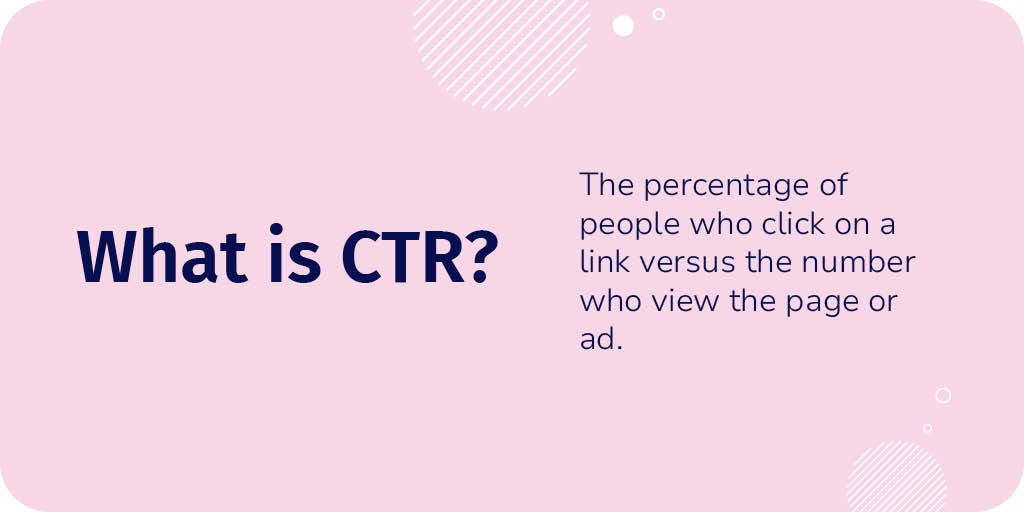
CTR in PPC Campaigns
In PPC campaigns, CTR plays a pivotal role in determining the success and cost-efficiency of your ads. Ads with higher CTRs are deemed more relevant by platforms like Google Ads, often resulting in lower costs per click and improved ad placements. The placement of PPC ads, typically at the top of search results, inherently boosts visibility and potential CTR. This prominent placement attracts immediate attention, increasing the probability of users clicking on your ad.
CTR in SEO Strategies
For SEO, CTR is vital in understanding how well your organic search listings perform. A high CTR means that users find your page titles and meta descriptions appealing and relevant to their queries. However, achieving a high CTR through SEO usually involves a combination of well-crafted titles, meta descriptions, and rich snippets. Unlike PPC, where you can buy your way to the top, SEO relies on longer-term strategies to climb the organic search rankings.
Impact of Ad Placement on CTR
The placement of your ad significantly affects your CTR. For PPC, the top positions in search results are the most desirable because they capture the highest share of clicks. Ad formats, including ad extensions and visual ad elements, further enhance visibility and CTR. Conversely, for SEO, the impact of ad placement on CTR depends on your position in the organic search results. While the top organic positions attract more clicks, achieving and maintaining such placements requires sustained effort in optimizing on-page and off-page elements.
What Is the Difference Between SEO and PPC Agency?
Understanding the distinction between an SEO agency and a PPC agency is crucial for businesses aiming to optimize their digital marketing strategies. Both SEO and PPC are essential components of digital marketing, but they differ significantly in their approaches, services, and skill sets.
SEO Agency Services
An SEO agency focuses on improving a website’s organic search rankings. The primary services offered by SEO agencies include keyword research, content creation, on-page and off-page optimization, link building, and technical SEO. Their goal is to enhance the website’s visibility on search engines like Google, which can lead to increased traffic and brand awareness. SEO agencies often employ a long-term strategy, as optimizing for organic search is an ongoing process requiring continuous effort and time to yield results.
PPC Agency Services
Conversely, a PPC agency specializes in managing paid search advertising campaigns. These agencies handle all aspects of creating and maintaining PPC campaigns, including keyword selection, ad creation, bidding strategies, and performance monitoring. The goal is to drive immediate traffic to the client’s website through paid ads on platforms like Google Ads. PPC campaigns can deliver quick results, making them suitable for businesses seeking immediate visibility and leads.
Specializations and Skill Sets
While both agencies aim to improve website traffic, their specializations and skill sets differ. SEO professionals need a deep understanding of search engine algorithms, content marketing, and link-building strategies. In contrast, PPC experts focus on keyword bidding, ad copywriting, and analytics to ensure that paid campaigns are cost-effective and deliver a high return on investment (ROI).
How Each Type of Agency Approaches Campaigns
An SEO agency approaches campaigns with a long-term perspective, emphasizing sustainable growth and long-lasting results. They prioritize building a solid foundation for organic search performance, which can lead to a steady increase in traffic over time. On the other hand, a PPC agency takes a more immediate approach, designing campaigns to quickly attract visitors and potential customers through paid channels. They focus on optimizing ad spending to get the best immediate results for their clients.
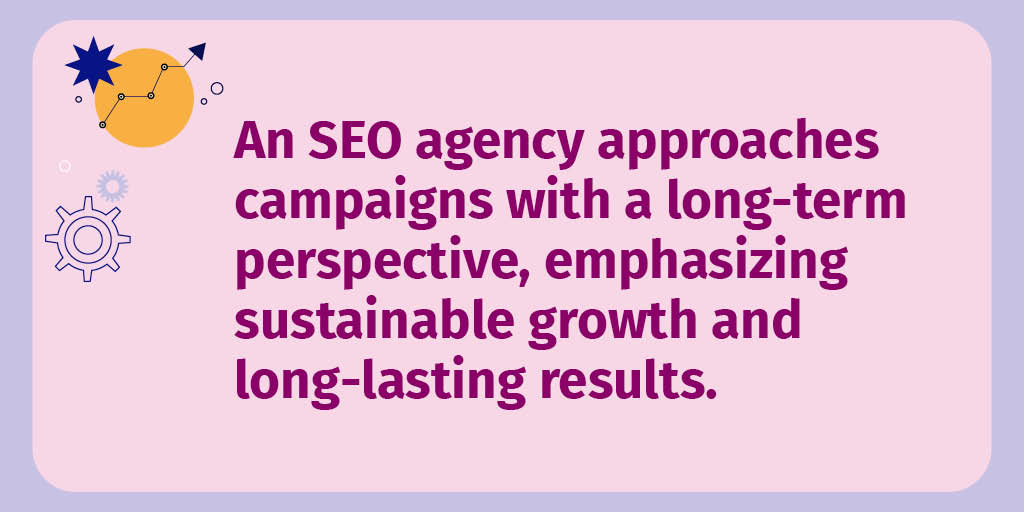
Is SEO or PPC More Expensive?
When evaluating the costs of SEO versus PPC in digital marketing, businesses must consider several factors. An initial distinction lies in how these costs are incurred and the nature of their financial impact on marketing budgets.
Cost Factors for SEO
SEO (Search Engine Optimization) primarily involves investing in optimizing your website for search engines. This includes expenses such as hiring SEO specialists, developing high-quality content, conducting keyword research, and acquiring backlinks. While these costs can be significant, they usually represent an upfront investment aimed at gaining long-term organic traffic. Typically, SEO requires a consistent effort over time to maintain rankings, but once established, it can generate a substantial return on investment due to minimal ongoing costs.
Cost Factors for PPC
PPC (Pay-Per-Click) advertising, on the other hand, operates on a different financial model. Businesses pay each time a user clicks on their ad. This type of marketing allows for a more predictable and controlled expenditure, as you can set your budget and adjust bids dynamically. However, the cost per click can vary dramatically based on competition for keywords and market demand. High-competition industries may witness significant expenses, making PPC a potentially pricey endeavor, especially in saturated markets.
Long-term vs. Short-term Costs
From a temporal perspective, SEO is more of a long-term strategy. It’s akin to planting seeds and nurturing them until they grow into a fruitful garden. Conversely, PPC yields immediate results but requires ongoing investment to maintain visibility. When the campaign budget stops, so does the traffic, making PPC inherently a short-term strategy compared to SEO.
Which Provides Better ROI?
The question of which provides a better return on investment (ROI) depends on the specific goals and timelines of your business. While PPC offers instant visibility and measurable results, its high costs per click can accumulate quickly. In contrast, SEO demands patience and persistent effort but can yield sustainable and considerably cost-effective outcomes over time. A balanced approach, leveraging both SEO for long-term growth and PPC for immediate impact, often proves to be the most effective strategy.
SEO and PPC Working Together
Integrating SEO and PPC Strategies
Integrating SEO and PPC strategies can provide a comprehensive approach to digital marketing, maximizing both visibility and conversions. While SEO focuses on organic search results through keyword optimization and content quality, PPC leverages paid advertisements to drive immediate traffic. By aligning these strategies, businesses can enhance their online presence in a dual approach that leverages the strengths of each.
Benefits of Combining Both
When SEO and PPC work together, they can bolster each other’s strengths and mitigate weaknesses. For instance, PPC can provide quick data about which keywords perform well, which can then inform the SEO strategy. On the other hand, insights gained from organic search trends can refine the scope of PPC campaigns. This synergy can lead to better keyword targeting, increased CTR (Click-through Rate), and improved overall performance metrics.
Case Studies and Examples
Various case studies have shown the benefits of combining SEO and PPC strategies. For example, one business saw a 30% increase in organic traffic by using PPC campaign data to identify high-performing keywords. Another case demonstrated that integrating these strategies resulted in a 20% increase in overall conversions. These cases highlight the potential for significant improvements in both advertising effectiveness and organic reach when these strategies are used in tandem.
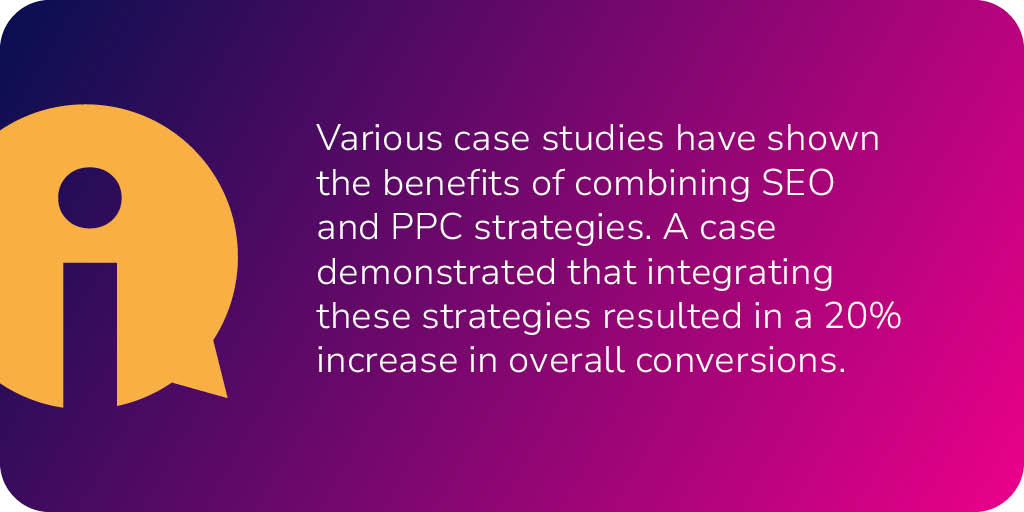
Best Practices for Synergy
To maximize the effectiveness of SEO and PPC working together, it’s crucial to follow best practices. Start by ensuring that both teams share data and insights regularly. Use tools that enable the integration of organic and paid search metrics and continually optimize both strategies based on the performance data collected. A unified approach will help in achieving the most efficient use of marketing resources.
The landscape of digital marketing is increasingly complex. Partner with Bohu Digital to harness the combined power of SEO and PPC strategies, utilizing advanced data analytics and algorithm-driven campaigns for unparalleled growth. Begin your journey with a complimentary consultation from Bohu Digital.









